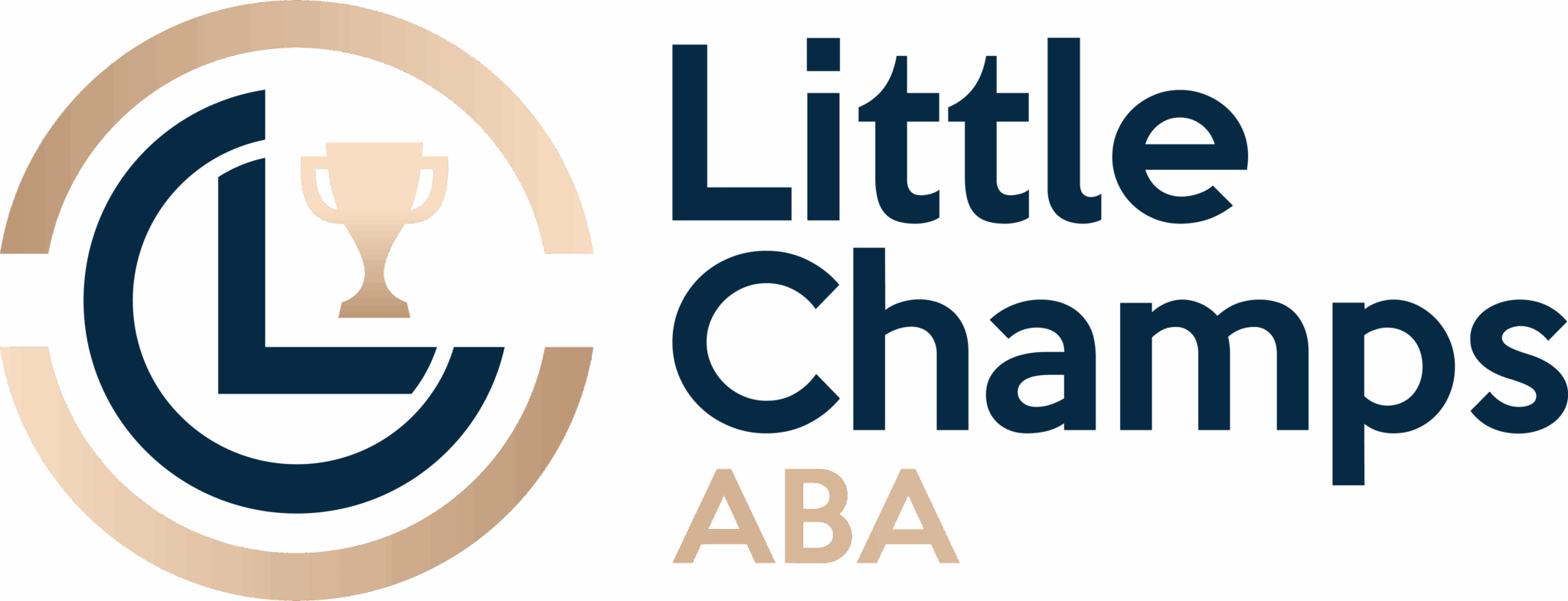
Candidates preparing for the Board Certified Behavior Analyst examination often face a steep learning curve. The pass rate for first-time test takers was only 56 percent in 2023. A comprehensive BCBA exam study guide can streamline preparation by outlining eligibility requirements, exam content, and proven study strategies. This article presents six essential components for a guide designed to help candidates move from planning through test-day readiness.
Understand Exam Requirements
Before selecting resources, candidates must confirm they meet all prerequisites and grasp the exam’s structure and scoring methods. A clear picture of eligibility, question format, and result reporting lays the foundation for effective study planning.
Eligibility Criteria
- Completion of required graduate-level coursework in applied behavior analysis
- Fulfillment of supervised fieldwork or practicum hours
- Submission and approval of the application by the Behavior Analyst Certification Board
Reviewing the BACB website ensures that all documents, transcripts, and supervision verifications satisfy current standards.
Exam Format and Content
The certification exam tests knowledge across core domains defined in the BCBA task list. Key attributes include:
- 150 scored multiple-choice questions plus 25 unscored pilot items
- Four answer options per question
- Four-hour time limit
- Coverage of behavior assessment, intervention strategies, ethics, and professional conduct
- Transition from the Fifth to the Sixth Edition task list effective January 2025
Understanding the weight of each content area guides prioritization of study topics.
Scoring Process
The BACB sets passing scores using a criterion-referenced process and the modified Angoff method. Candidates receive only pass or fail notifications for successful attempts. Those who do not pass obtain performance breakdowns by content domain to inform targeted review. Recognizing how scaled scores work helps candidates interpret practice-exam results and set realistic goals.
Choose Appropriate Study Materials
A well-rounded guide lists resources that address both foundational theory and real-world application. Variety prevents monotony and reinforces learning through multiple modes.
Foundational Textbooks
Classic textbooks remain indispensable for comprehensive coverage:
- “Applied Behavior Analysis” by Cooper, Heron, and Heward
- “Ethics for Behavior Analysts” by Bailey and Burch
These volumes explain core principles, offer case examples, and include end-of-chapter practice questions.
Online Courses and Webinars
Structured courses and recorded webinars deliver guided instruction aligned with the current task list. Providers such as Hopebridge compile top-rated modules, mock quizzes, and expert-led discussions. Interactive elements, like live Q&A sessions, help clarify complex concepts.
Practice Question Banks
Frequent exposure to exam-style items builds confidence and speed. Recommended question-bank features include:
- Timed sections mirroring the four-hour exam window
- Detailed explanations for correct and incorrect options
- Custom quizzes focused on specific content areas
Platforms that update item pools for the Sixth Edition task list give candidates the most relevant practice.
Develop a Study Schedule
A structured timeline keeps review on track and limits last-minute cramming. Candidates benefit from planning in phases: initial overview, deep dives, and final reinforcement.
Timeline Planning
Most candidates allocate between one and six months for preparation, depending on prior experience and time availability. A phased schedule might look like:
- Month 1–2: Read foundational texts and outline each content area
- Month 3–4: Complete practice questions and join study groups
- Month 5: Focus on weak domains and refine exam strategies
- Final Weeks: Simulate full-length exams and review error patterns
Adjustments to this plan accommodate work schedules and personal learning pace.
Study Techniques
Effective guides recommend varied study methods to address different learning preferences:
SAFMEDS Fluency Practice
The Say All Fast Minute Every Day Shuffle method uses flashcards to build rapid recall of key terms and principles.
Active Note Taking
Writing concept summaries in one’s own words strengthens understanding and creates a personalized reference.
Group Discussions
Peer study sessions like virtual or in person promote debate, clarify misconceptions, and maintain accountability
Tracking Progress
Regularly charting mock-exam scores, daily study hours, and SAFMEDS accuracy highlights trends over time. Visual graphs help pinpoint when study strategies no longer yield gains and call for method adjustments.
Practice with Mock Exams
Simulated exams under realistic conditions build stamina and reduce test-day anxiety. A dedicated guide outlines key steps in this phase.
Simulated Testing Environment
Candidates should reproduce Pearson VUE’s computer-based test format. Recommended actions:
- Enforce the four-hour limit
- Minimize interruptions and distractions
- Use scratch paper or digital note tools as allowed
Familiarity with the testing interface prevents technical surprises on exam day.
Reviewing Performance Reports
After each simulation, candidates analyze correct and incorrect responses by content domain. BACB exam-administration reports detail performance percentages within major categories. That data drives next steps in focused review.
Adjust and Focus Weak Areas
A targeted guide teaches candidates to reallocate study time based on actual performance rather than perceived difficulty.
Identify Knowledge Gaps
Candidates compare practice-exam results across content areas. Low-scoring domains—such as behavior assessment or experimental design—become priorities for in-depth review.
Refine Study Strategies
For persistent weak spots, candidates may:
- Revisit textbook chapters with fresh practice questions
- Watch expert-led video tutorials
- Engage in specialized flashcard drills
Iterative adjustments ensure that study time yields measurable improvement.
Prepare on Exam Day
Final readiness hinges on both conceptual confidence and logistical planning. The guide’s last section covers essential pre-test tasks.
Test Day Essentials
- Government-issued photo identification
- Exam confirmation email or printout
- Acceptable calculator if permitted by the testing center
- Light snack and bottled water for breaks
Candidates should also confirm transportation and parking arrangements in advance.
Exam Center Guidelines
The BACB delivers exams at Pearson VUE centers worldwide. Candidates must arrive at least 30 minutes before their scheduled slot and follow all security protocols. Clear knowledge of check-in procedures and prohibited items streamlines entry and reduces pre-exam stress.
Candidates who integrate these six elements into a bcba exam study guide build a roadmap for confident preparation. As long as they verify requirements, choose the right materials, follow a structured schedule, practice under timed conditions, target weak areas, and finalize day-of details, they position themselves for success on the certification exam.
Preparing for the BCBA exam requires focus, strategy, and access to the right resources. A well-structured study guide can help candidates stay on track, covering key areas like behavior analysis concepts, ethical considerations, and assessment methods. By utilizing quality study materials, practicing regularly, and seeking guidance from experienced mentors, aspiring BCBAs can ensure they are thoroughly prepared to succeed.
Conclusion
Preparing for the BCBA exam requires focus, strategy, and access to the right resources. A well-structured study guide can help candidates stay on track, covering key areas like behavior analysis concepts, ethical considerations, and assessment methods. By utilizing quality study materials, practicing regularly, and seeking guidance from experienced mentors, aspiring BCBAs can ensure they are thoroughly prepared to succeed.
At Little Champs ABA, we’re committed to building a strong foundation for both our clients and our team. We provide high-quality, in-home ABA therapy across Utah and Colorado while also supporting future behavior analysts on their certification journey. Whether you’re preparing for the BCBA exam or passionate about making a difference in the lives of children with autism, our experienced team is here to guide you.
Reach out to us to learn how our hands-on ABA therapy programs and professional development opportunities can support your success.
Frequently Asked Questions
What should be included in a BCBA exam study guide?
A good BCBA exam study guide should cover all key areas of behavior analysis, including behavior assessment, ethical guidelines, and intervention strategies. It should also provide practice questions and case studies to help familiarize candidates with the exam format.
How can I effectively prepare for the BCBA exam?
Start by studying one section at a time, reviewing the BACB Task List, and completing practice exams to identify areas that need improvement. Joining study groups and seeking feedback from certified BCBAs can also enhance your preparation.
How long should I study for the BCBA exam?
The study time needed varies, but generally, candidates should aim for 3–6 months of focused preparation, depending on prior experience. Regular, consistent study sessions with clear goals and a study schedule will maximize retention and understanding.
SOURCES:
https://centralreach.com/blog/best-bcba-exam-study-materials-to-pass-on-the-first-attempt/
https://www.bacb.com/examination-information/
https://centralreach.com/blog/10-study-strategies-to-prepare-you-for-the-bcba-exam/
https://www.bacb.com/about/
https://www.bacb.com/bcba/
https://pmc.ncbi.nlm.nih.gov/articles/PMC6701231/


